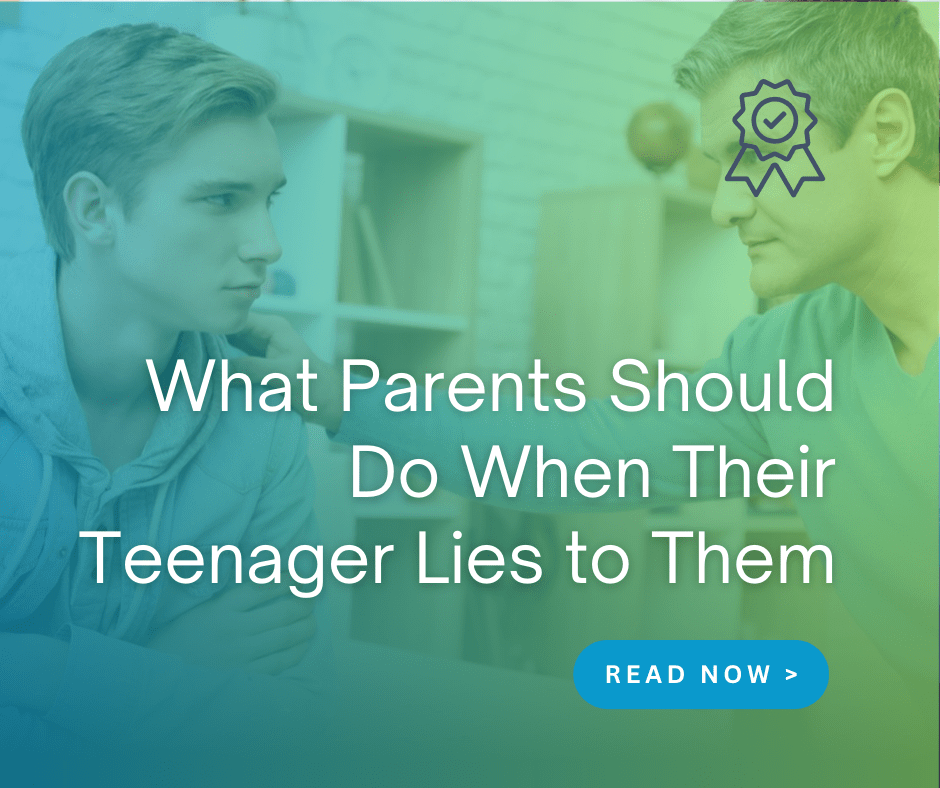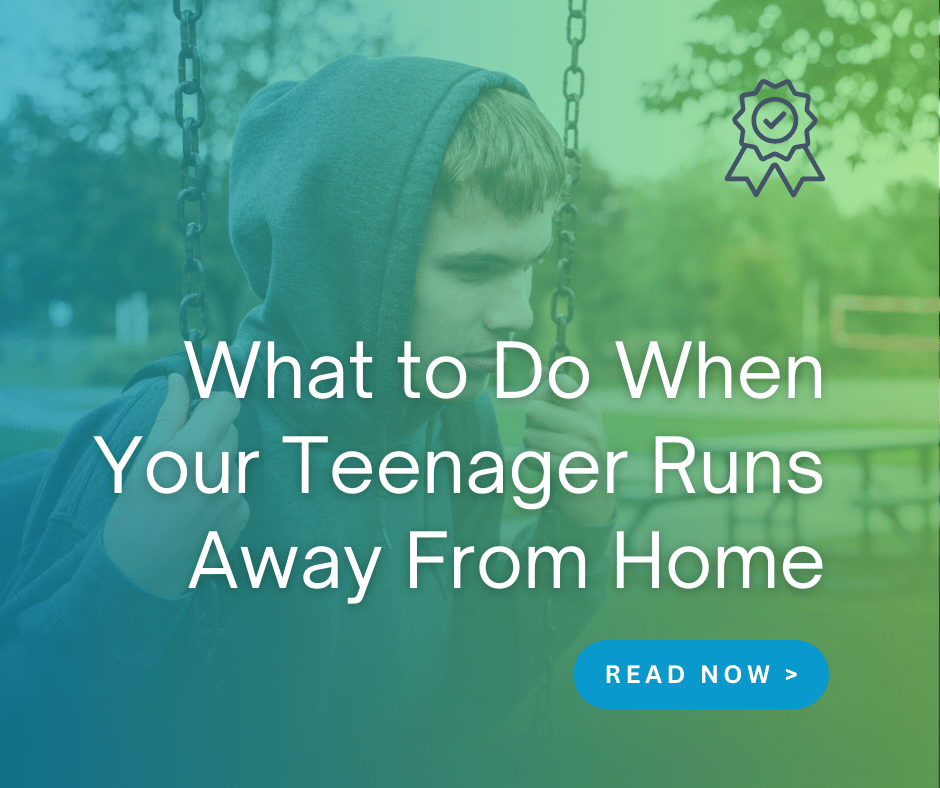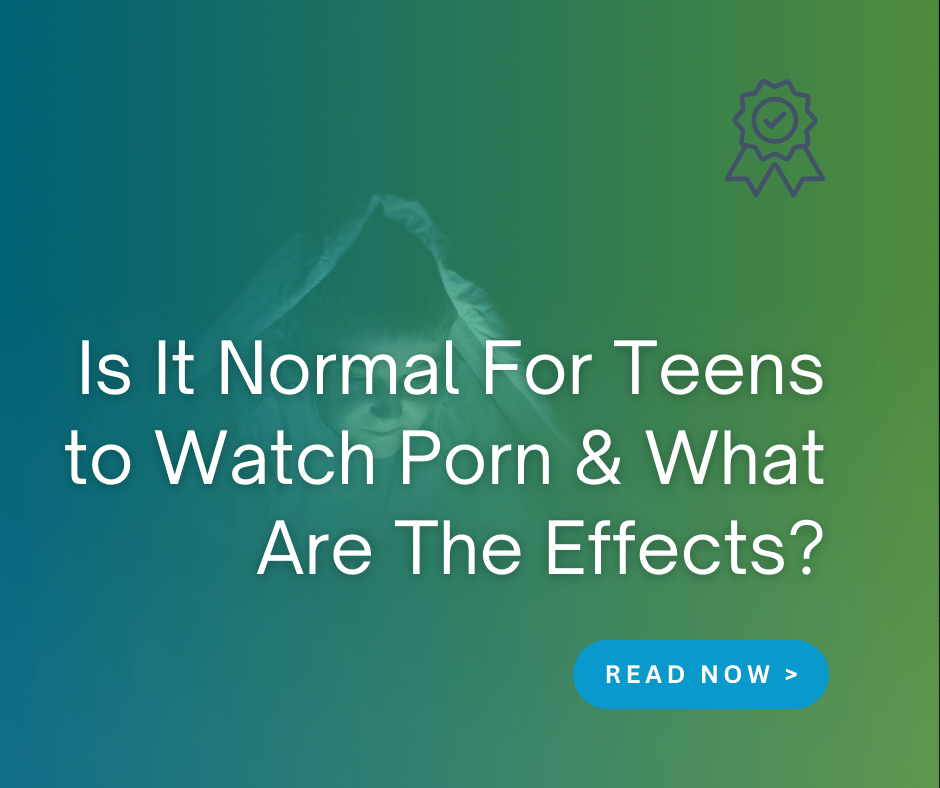Disclaimer: This article is about understanding the issues involved in climate change as it relates to teen anxiety. It is neither a public endorsement nor criticism of climate change policies or the climate change movement. Evolve Treatment Centers has one goal: to help adolescents struggling with behavioral, emotional, and substance use disorders.
This generation shows an unprecedented rise in youth activism, particularly when it comes to the youth climate change movement. Largely due to efforts by Swedish teen activist Greta Thunberg, the movement for climate change awareness has managed to gain incredible traction. Teens lead the way in sounding the alarm on the science behind climate change, which essentially states that growing carbon dioxide emissions increase temperatures worldwide and contribute to global warming, which is leading to natural disasters and will, in a number of years, cause the Earth to suffer from irreversible, catastrophic damage. These teens are thus pushing government and world leaders to institute climate change policies that will help slow down this effect.
Which is why Thunberg instituted the popular “Fridays for Future” strikes to raise more awareness about climate change action. Every week, schoolchildren around the world skip school to publicly protest for climate change policies. The school strikes receive significant attention on social media, which helps draw more youth followers into the movement. Thus far, almost 10 million children in more than 260 countries globally have participated in climate activism.
Climate Change and Global Warming
Youth activists often speak about the fear they have about the safety of their future on this planet.
In 2017, the American Psychiatric Association coined the term “eco-anxiety” to describe this genuine worry about the effect of climate change on our planet. The APA defines eco-anxiety as the “chronic fear of environmental doom.” Teen activists aren’t the only ones with eco-anxiety, though. In fact, a 2018 Yale University report found that about 21% of US residents say they are “very worried” about climate change and global warming.
If they’re anxious about climate change, does that mean my child has clinical anxiety?
No.
Climate psychologists make a point that eco-anxiety is not synonymous with a clinical anxiety disorder. However, mental health professionals admit that worry about the climate can trigger or exacerbate other mental health symptoms.
Instead, many argue that the uncertainty about our planet’s climate is a sensible reaction to the science behind global warming. In an interview with the BCC, therapist Carolina Hickman, who researches children’s attitudes towards climate change in the UK, said that “Eco-anxiety is a reasonable and healthy response to the climate crisis.”
However, what is also true is that a teen’s eco-anxiety can eventually turn into a real anxiety disorder. Climate anxiety can also overlap with, and exacerbate, a teen’s preexisting anxiety, which may require mental health treatment at a teen treatment center.
How to Help a Teen With Climate Anxiety
If your teen struggles with fears of climate change, there are a few ways you can help support them.
Validate their feelings.
First, remember to validate their concerns. Even if you personally don’t share the same intensity of concern as your child, it’s important to recognize and appreciate their perspective. Also, remember that according to mental health professionals who specialize in climate anxiety, a teen who worries about the future of our planet does not necessarily have a clinical anxiety disorder – though the two can overlap.
Encourage them to get involved in activism.
Mental health professionals say that getting involved in activist efforts can help a teen struggling with eco-anxiety. Activism is a productive way of reducing one’s anxiety. Teens gain a sense of “agency” when they can take practical steps to help solve the problem.
Allow them to change their lifestyle in line with their values.
Many teens have decided to do their part to help slow down the damaging effects predicted by climate change. For example, teens like Thunberg attempt to reduce their carbon-emissions footprint (e.g. by avoiding flying on planes). Teens are trying to limit their consumption of meat and other animal products. According to research, food production is responsible for a large part of worldwide greenhouse gas emissions, which contribute to global warming. Meat production is responsible for more than half of these emissions.
Encourage them to join environmental clubs at school.
Becoming friends with like-minded peers can help your teen feel a sense of community, and not feel so alone.
Tell them about climate change support groups.
There are support groups for people who suffer from eco-anxiety. For example, The Good Grief Network is based on the 12-step AA program and aims to help people manage the psychological anxiety they feel when it comes to climate change.
Eco-anxiety vs. Clinical Anxiety
Eco-anxiety does not necessarily translate to a clinical anxiety disorder. However, it’s important to watch your teen carefully. You can ensure that, despite their worries about climate change, they still function normally on a day-to-day basis. If your teen cannot get of bed, stops eating properly, or cannot function at school because they’re too anxious or depressed about global warming, then it’s a problem. They may require mental health treatment at a teen treatment center.
If Your Teen has Clinical Anxiety or Depression
Eco-anxiety can overlap with, or exacerbate, a mental health issue like major depressive disorder or anxiety disorder. If your teen is struggling with depression, anxiety, or another behavioral or emotional problem, seek help right away. First, start out by taking them for an assessment by a licensed mental health professional. The mental health professional will confirm whether your adolescent requires professional treatment. Mental health treatment for teens can include outpatient therapy, an intensive outpatient program (IOP), a partial hospitalization program (PHP), or a residential treatment center (RTC), depending on the level of acuity.
At these teen treatment centers, your teen will learn how to find balance in their lives. Teens whose eco-anxiety is turning into dysfunction will learn how to view their concerns about the future in a healthy way. The job of a mental health therapist or teen treatment center would be to show your teen how to make climate change “part of [their] life and not all of [their] life”, according to Hickman.












